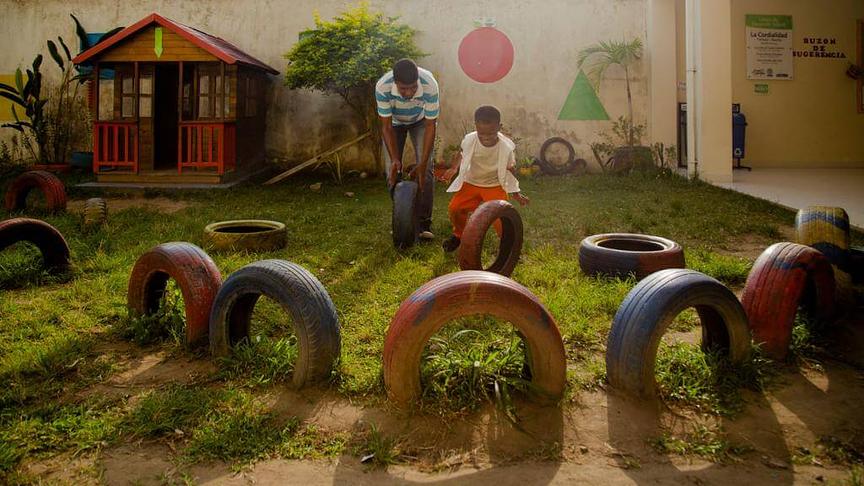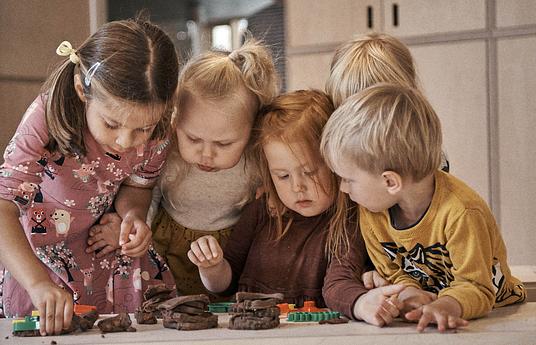What is the problem?
In Colombia, over half a million children between 0 and 5 years of age have been affected by a civil conflict that has spanned over six decades, and globally more than 86 million have spent their lives in conflict zones. Research shows that exposure to violence, extreme trauma and toxic stress during early childhood, may weaken cognitive, physical and socio-emotional development. These situations can affect children's brain architecture during its most critical develpment period and lead to long-term problems in learning, behaviour, the ability to establish and sustain relationships as well as in health.
If our goal is to educate youth to be resilient and prepared to thrive in a constantly changing global economy, it is necessary to cultivate transversal skills in early stages of life, which become the building blocks of children's future. Semillas de Apego seeks to protect children from the potential devastating effects of violence and other adverse circumstances, by building reliable and nurturing relationships with supportive caregivers, who safeguard their physical and mental health, social emotional well-being and ability to learn.
How do we solve the problem?
The University of Los Andes developed the Semillas de Apego program to tackle the challenges young Colombian children face in the midst of violence and to provide them with better opportunities to thrive in the future. The curriculum of the program spans for 15 weeks and it first provides tools so that victimized caregivers can start processing their own trauma. Then, the model focuses on allowing a proper understanding of the child's development trajectories and how they are affected by the experience of adversities, such as violence exposure. Finally, the program works towards fostering positive child-rearing practices, to support the availability of sensitive and responsive caregiving.
The goal of Semillas de Apego is to foster healthy child-parent attachments that promote appropriate affect regulation and healthy social emotional development in the midst of adverse circumstances, guarenteeing children's right to lead healthy and productive lives.
Why we do it?
Early interventions which build enabling environments for children's brain architecture to develop appropriately have the potential to yield enormous benefits for societies. These nurturing and protective environments strengthen brain cell connections, which support the development of transversal 21st century skills that children and youth need to deal with an uncertain future and a rapidly changing world.
If we do not address the root causes of the existing skills gap in Latin America by protecting children's brains, millions would continue to be left behind missing their potential to contribute to their economies and societies in their adulthood.
Funders
Fundación FEMSA, Fundación Éxito, Primero lo Primero, Banco Interamericano de Desarrollo (BID), Grand Challenges Canada, Genesis Foundation, Fundación Coca-Cola.


